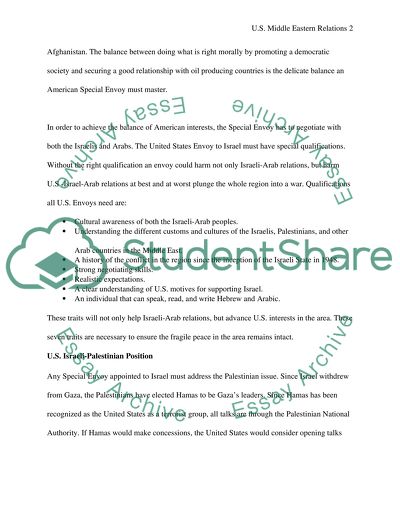Cite this document
(The Importance of the US Stance on Israeli-Arab Relations Coursework, n.d.)
The Importance of the US Stance on Israeli-Arab Relations Coursework. Retrieved from https://studentshare.org/politics/1561174-the-us-and-arab-israeli-diplomacy-2-exam-questions-4-pages-each
The Importance of the US Stance on Israeli-Arab Relations Coursework. Retrieved from https://studentshare.org/politics/1561174-the-us-and-arab-israeli-diplomacy-2-exam-questions-4-pages-each
(The Importance of the US Stance on Israeli-Arab Relations Coursework)
The Importance of the US Stance on Israeli-Arab Relations Coursework. https://studentshare.org/politics/1561174-the-us-and-arab-israeli-diplomacy-2-exam-questions-4-pages-each.
The Importance of the US Stance on Israeli-Arab Relations Coursework. https://studentshare.org/politics/1561174-the-us-and-arab-israeli-diplomacy-2-exam-questions-4-pages-each.
“The Importance of the US Stance on Israeli-Arab Relations Coursework”. https://studentshare.org/politics/1561174-the-us-and-arab-israeli-diplomacy-2-exam-questions-4-pages-each.


